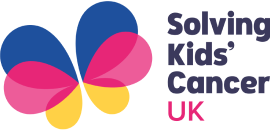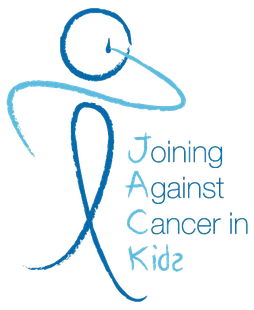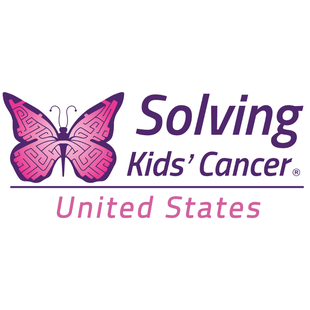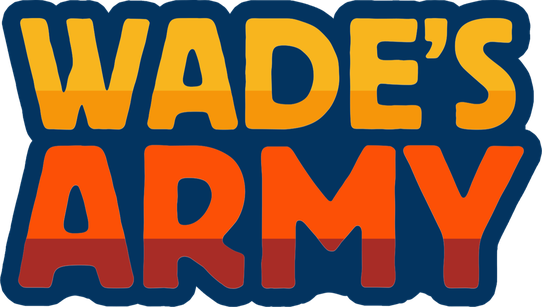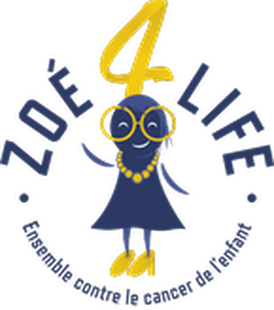Phase III TITAN trial
| Study name | Transatlantic Integration Targeting ALK in Neuroblastoma (TITAN) |
| Study type | Phase III Clinical Trial |
| Principal investigator(s) | Dr Yael Mossé and Dr Valteau-Couanet |
| Institutions | Goustave Roussy, Children's Hospital of Philadelphia |
| Partners | Band of Parents, Joining Against Cancer in Kids (J-A-C-K), Ronan Thompson Foundation, Solving Kids’ Cancer UK, Solving Kids’ Cancer (US), Wade’s Army and Zoé4life |
| Total awarded | $1.3M |
| Solving Kids’ Cancer UK contribution | $200,000 |
Overview
There are many genetic features that can exist in neuroblastoma, and one of these concerns a gene known as ALK (anaplastic lymphoma kinase). ALK mutation and amplification occurs in around 14% of high-risk neuroblastoma cases, so called ALK+ disease. Children that have ALK+ neuroblastoma typically have a poorer outcome than those who don’t, with survival rates up to 25% lower. Lorlatinib is a third generation ALK inhibitor which has shown to be very effective at treating ALK+ disease.
The TITAN initiative is aiming to introduce lorlatinib into frontline treatment for all children newly diagnosed with ALK+ high-risk neuroblastoma. This will be the first ever SIOPEN and COG international trial, meaning that this will happen simultaneously in Europe and the US. The specific aims of the study are to:
- Determine whether the addition of lorlatinib improves event-free survival in ALK+ patients by introducing it into current trials in Europe (HR-NBL2) and the US (ANBL1531)
- Assess the needs and challenges of a large scale transatlantic trial with varying standard treatment protocols
Impact
If the Phase III trial is successful, researchers can move towards introducing this drug into standard treatment regimes. The introduction of lorlatinib into frontline treatment for ALK+ disease could have a significant impact on the survival rates for this group of patients. In addition to this the novel collaboration between SIOPEN and COG will give a huge insight on the infrastructure needs of such large-scale trials, as well as direct comparison of introducing a new therapy into two differing treatment protocols.
"This is a landmark step in clinical research for children with neuroblastoma. With paediatric cancer hugely underfunded in comparison to adult cancer, there is an urgent need for breakthrough treatments for the most difficult-to-cure childhood cancers like neuroblastoma. This trial has the potential to accelerate the discovery of a new treatment and lay the foundation for future collaborations of this nature."
Prof Andy Pearson, Chair of SAB Solving Kids’ Cancer UK
